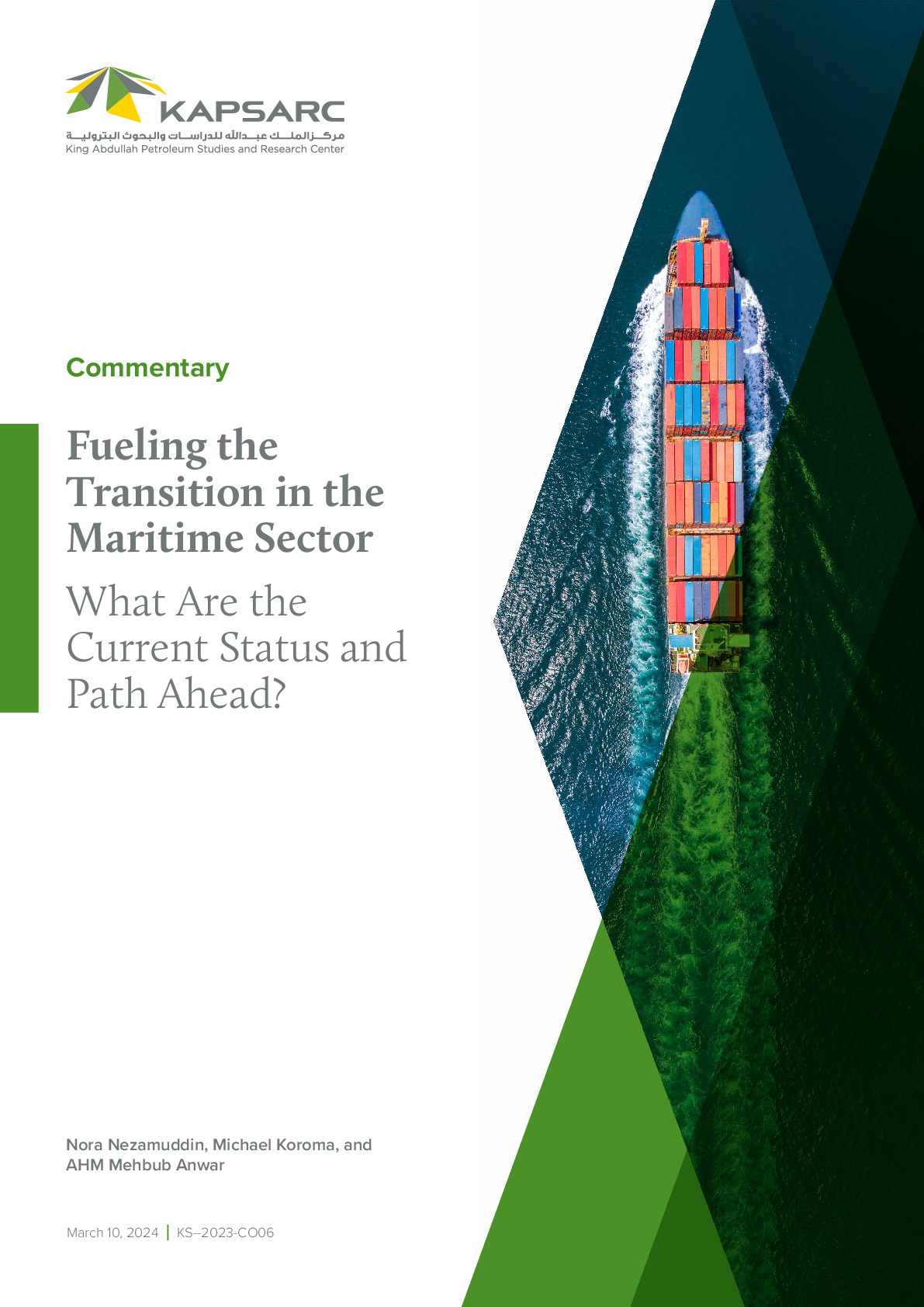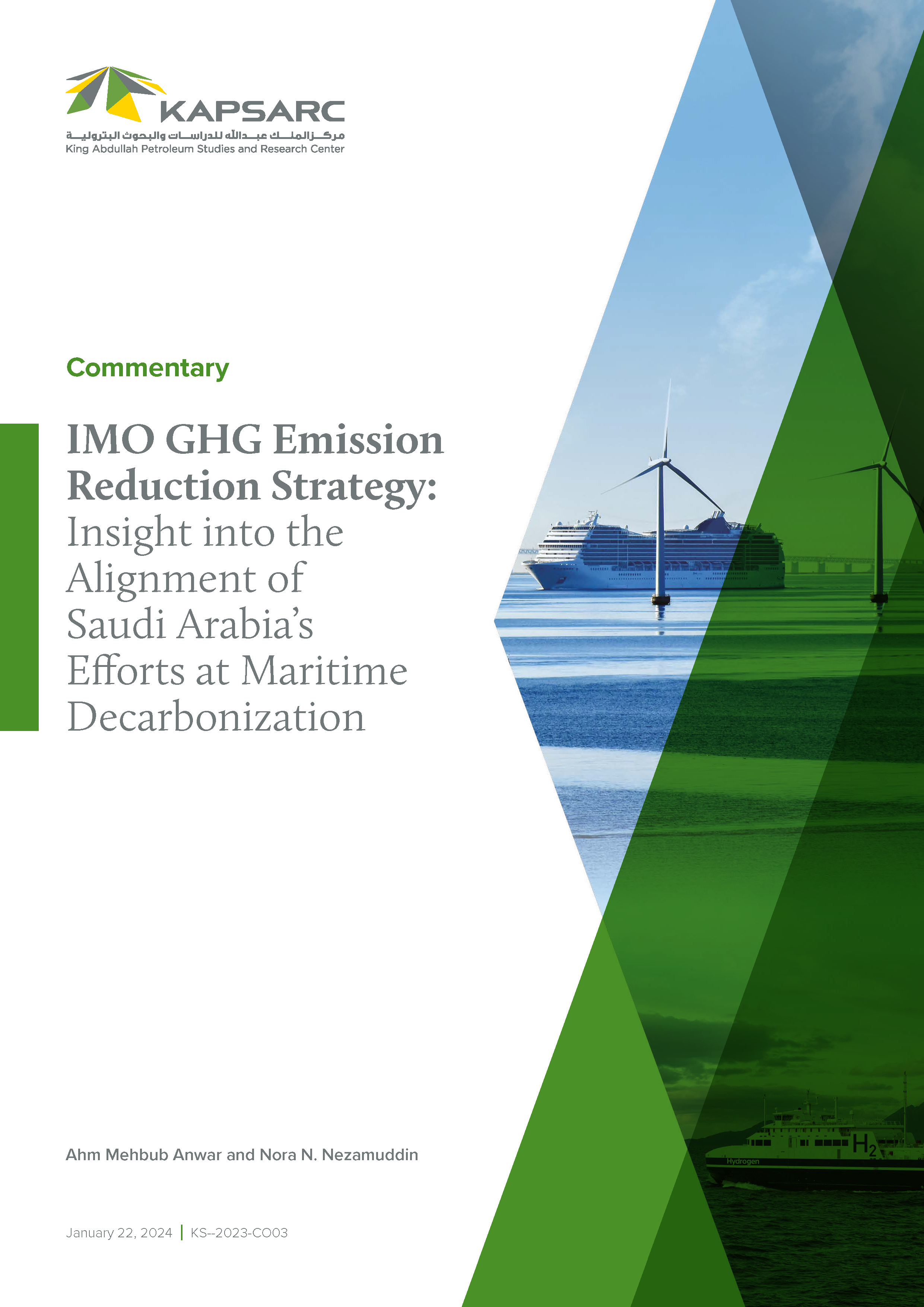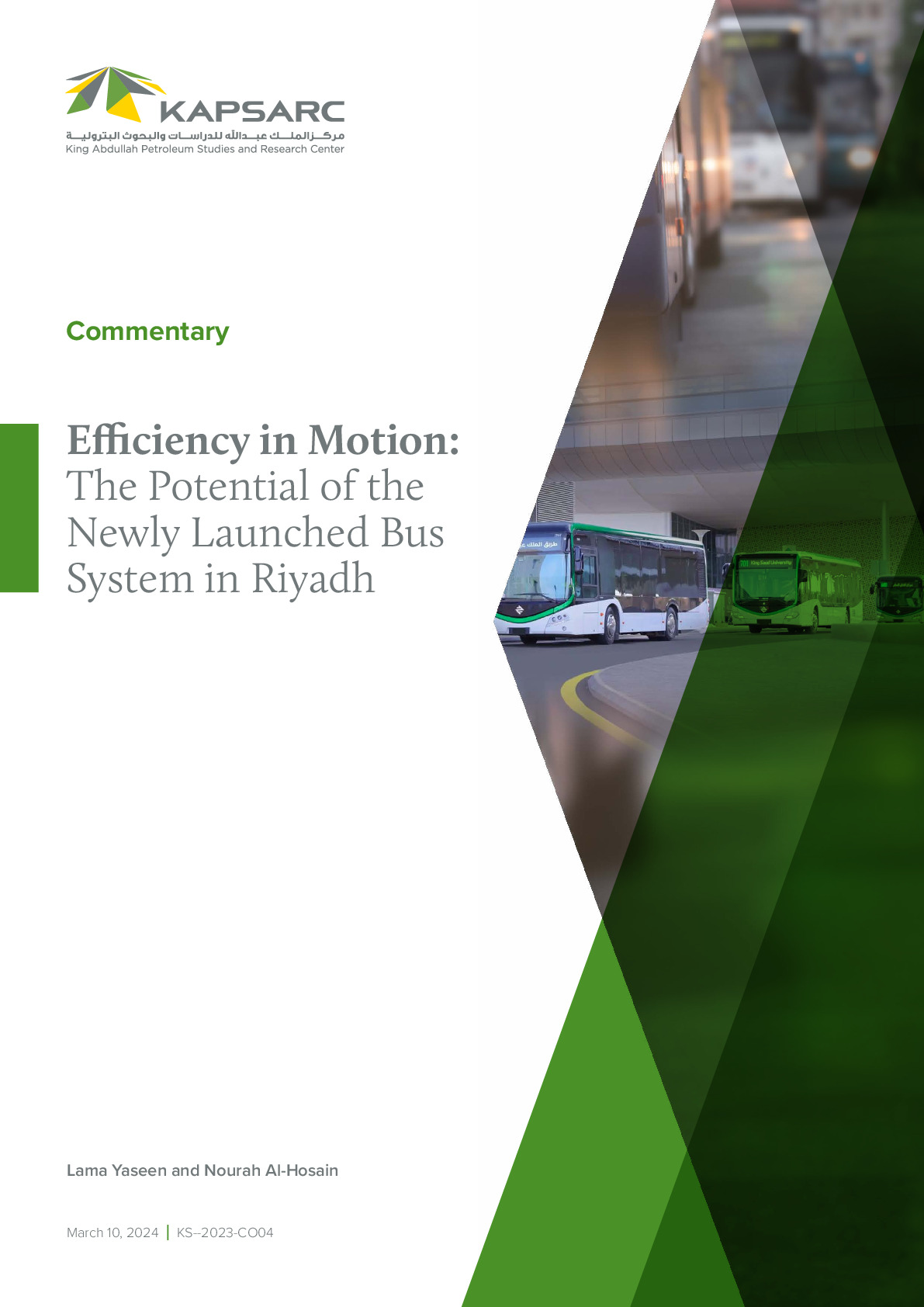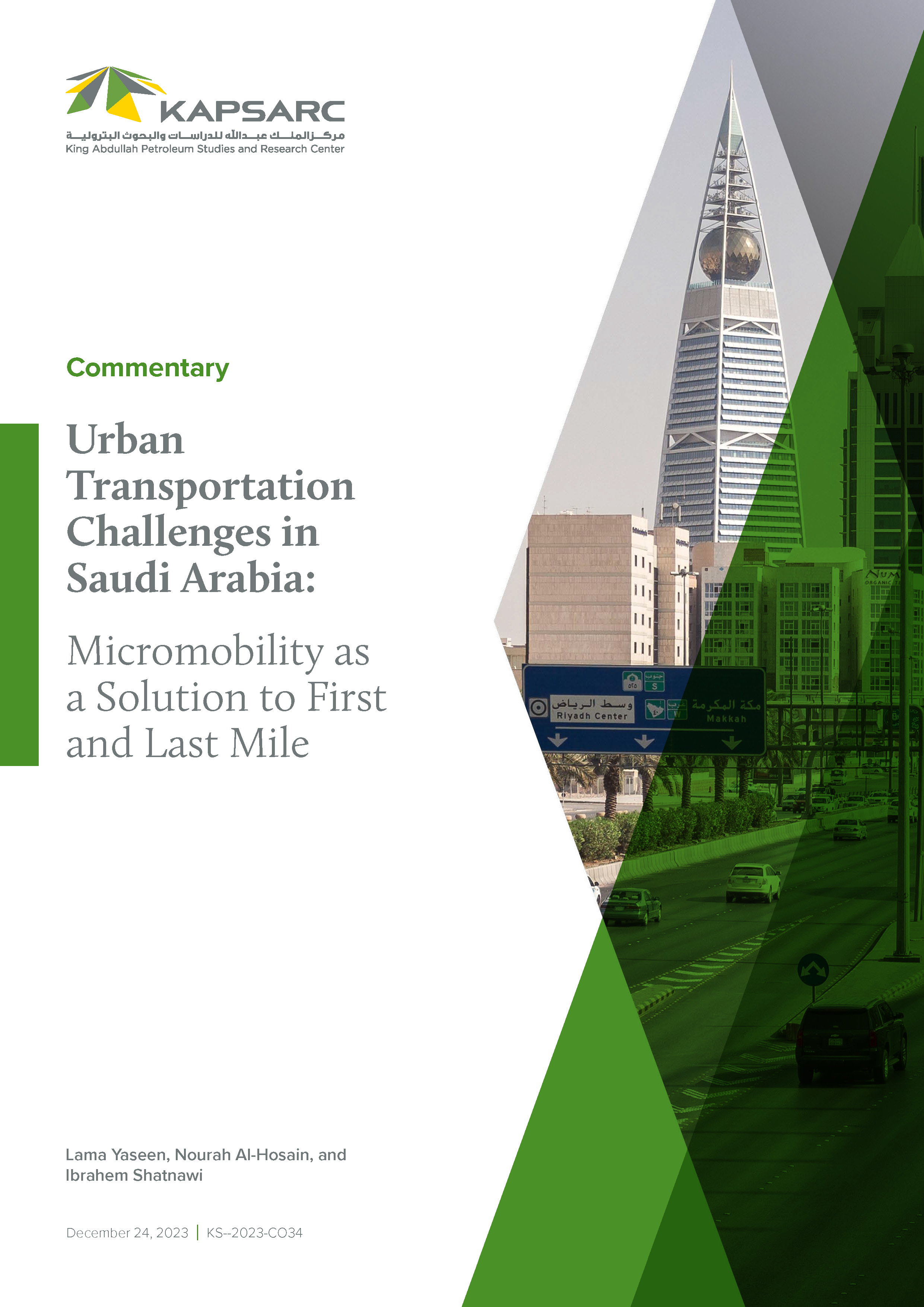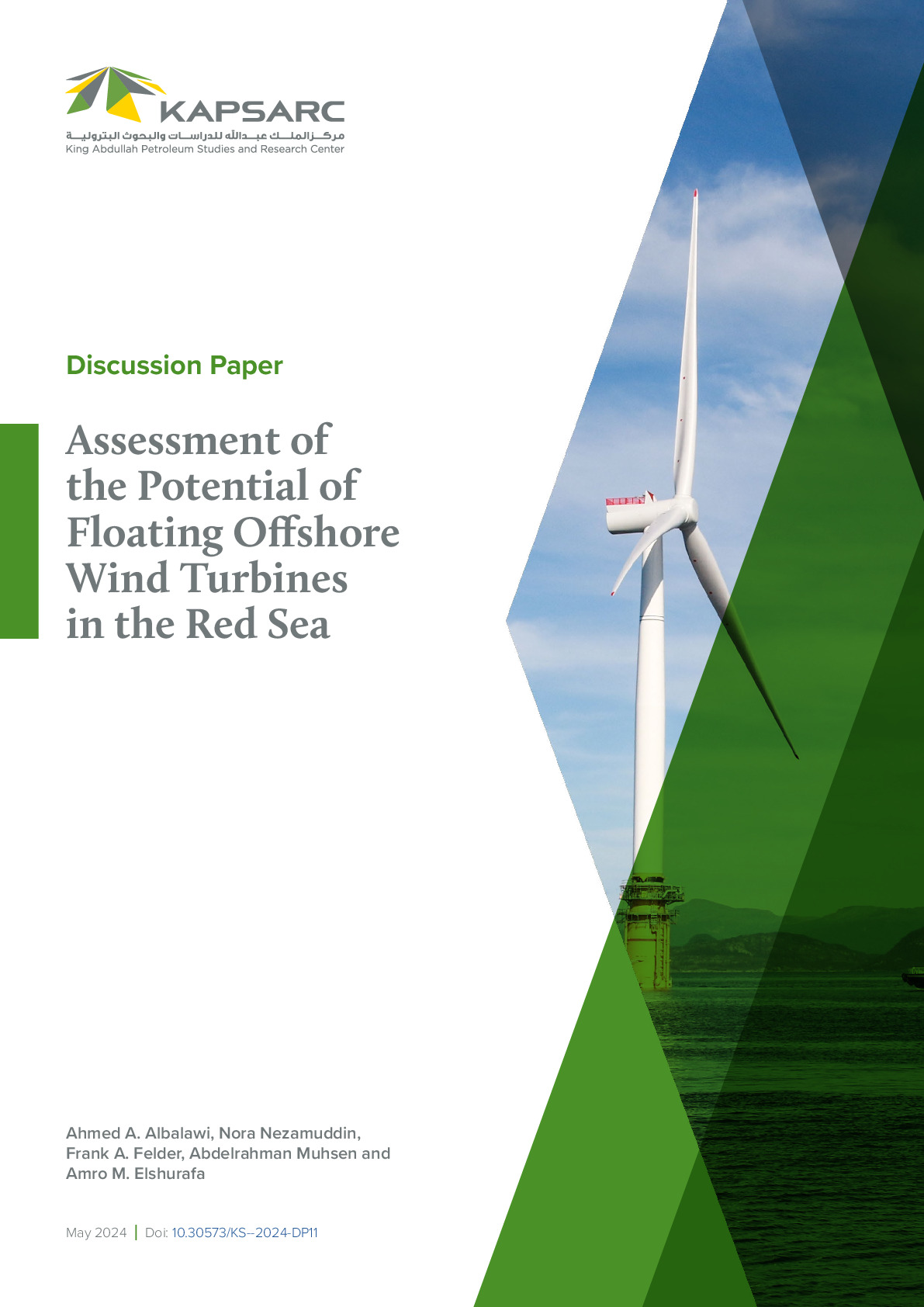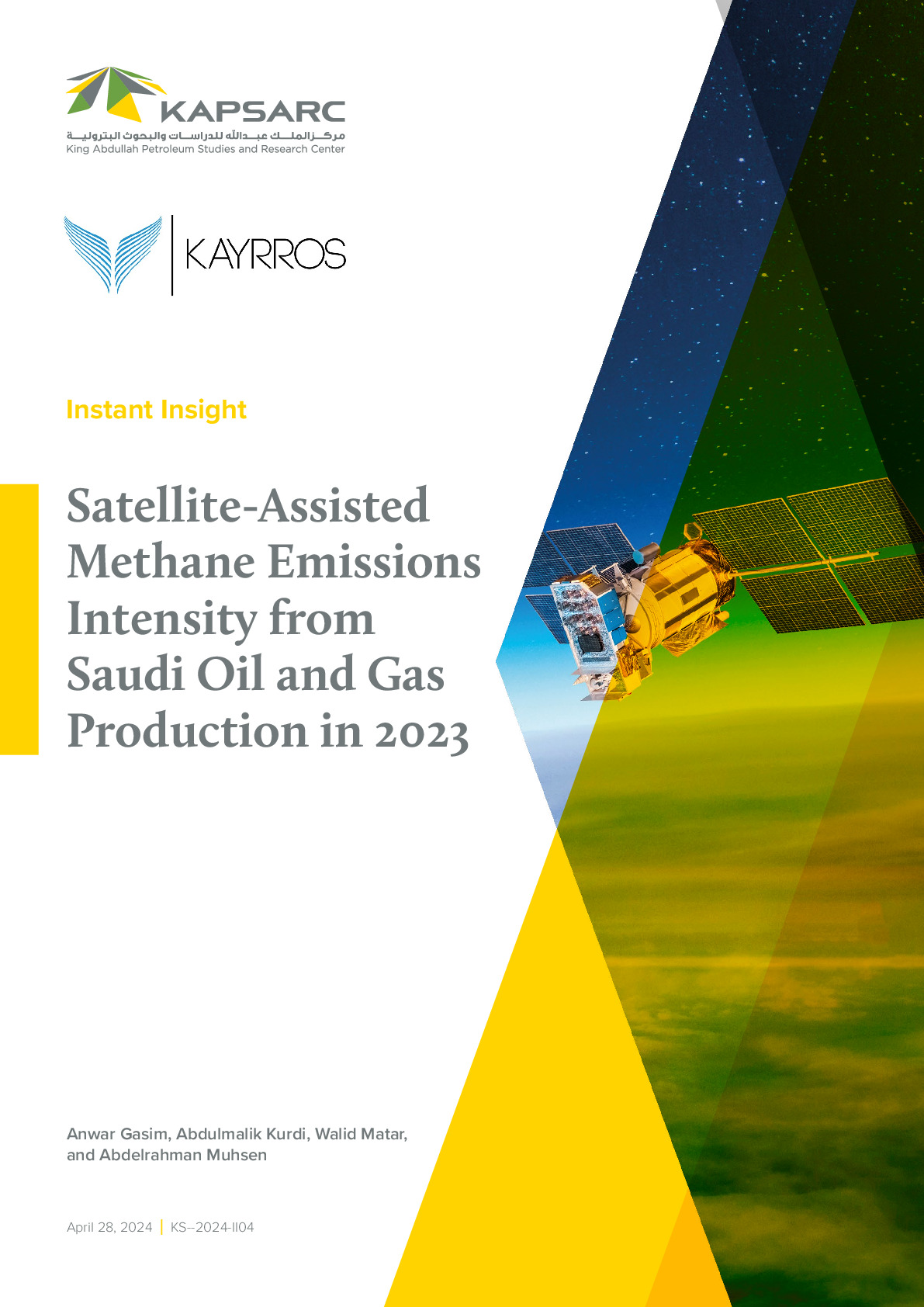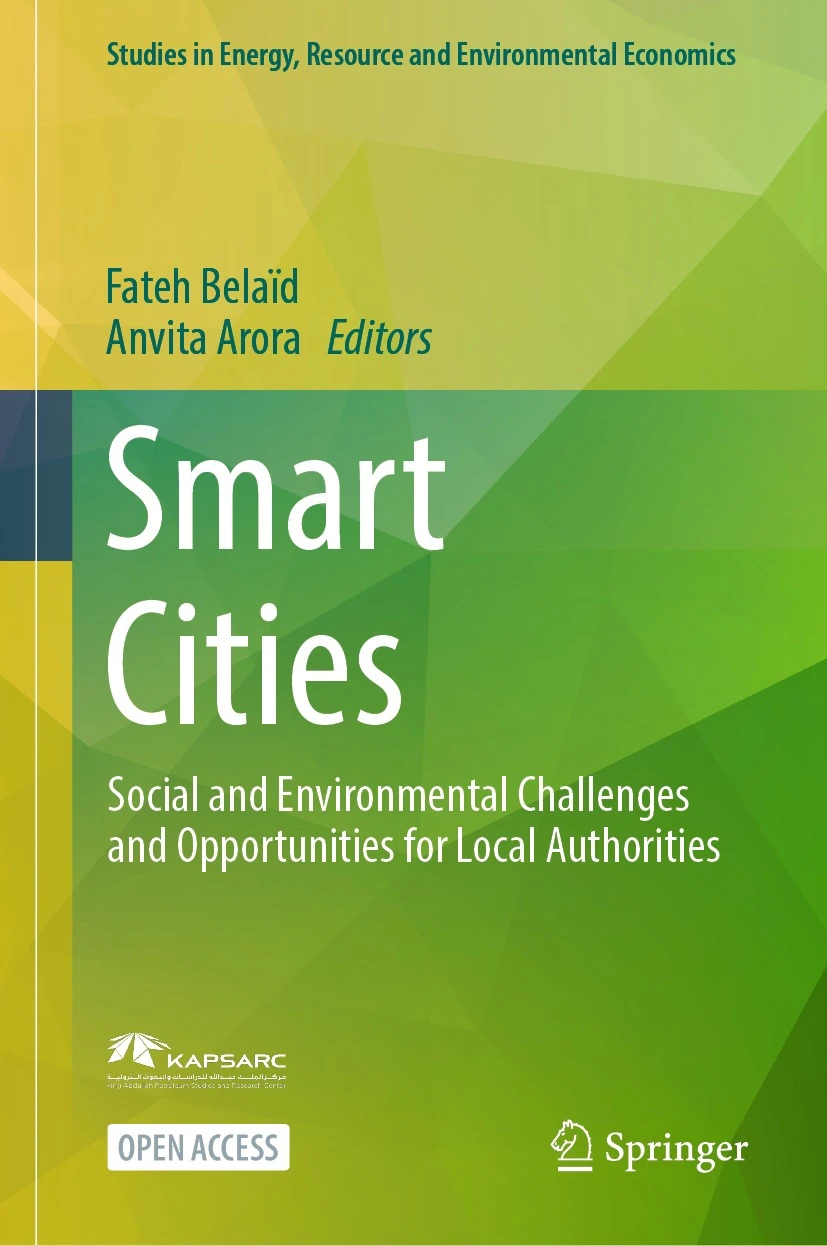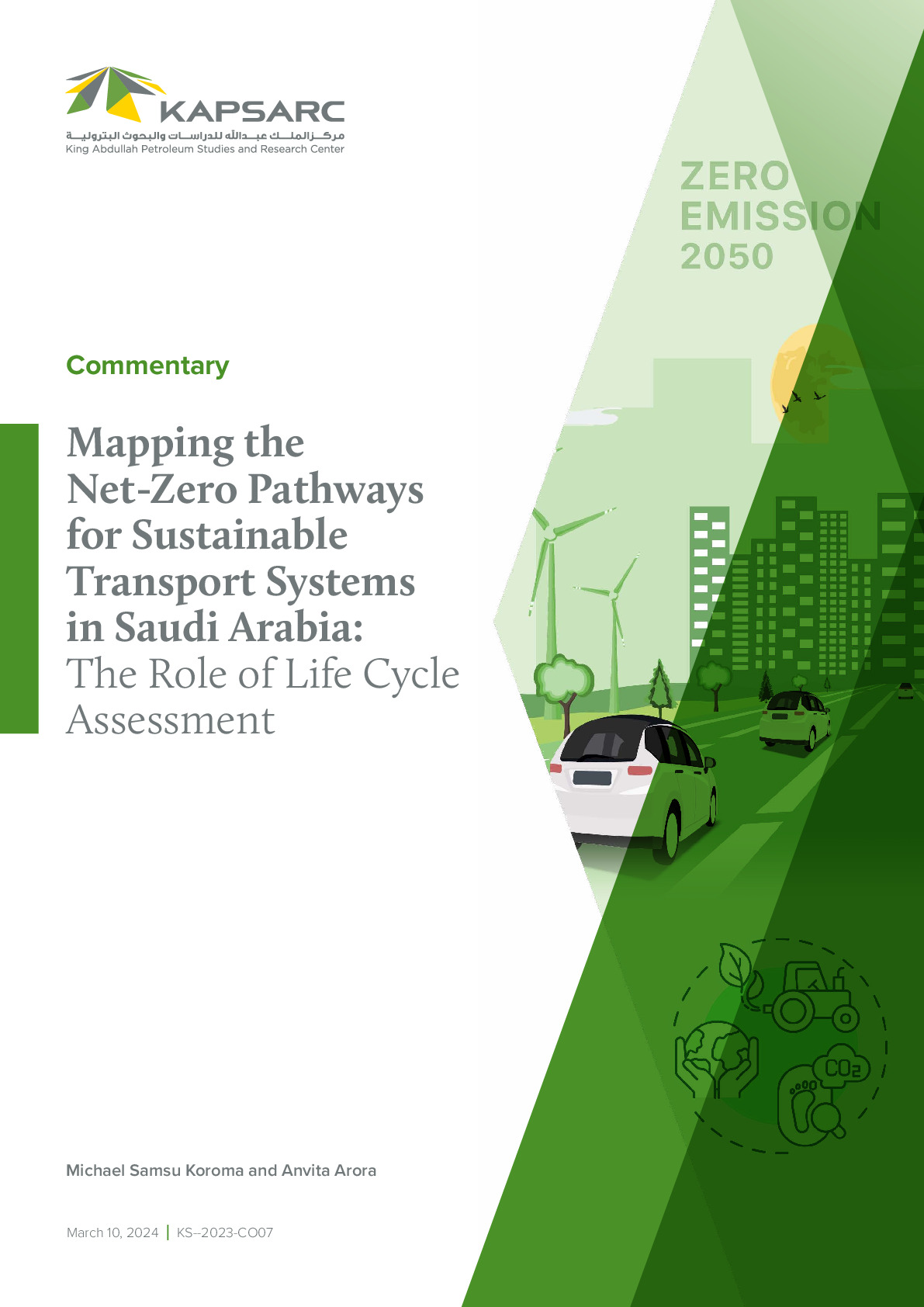Saudi Arabia intends to reduce its greenhouse gas (GHG) emissions by 278 million tonnes of CO2 equivalent annually by 2030, according to its Nationally Determined Contribution to the United Nations Framework Convention on Climate Change (UNFCCC). Among many policies it is introducing, a mass transit system and transit-oriented development are being advanced with the expectation of reducing energy consumption and GHG emissions in Riyadh. To what extent such an initiative can reduce energy consumption and GHG emissions is an important question. In this paper, a methodology is developed to systematically measure the impact of mass transit and transit-oriented development in Riyadh on energy demand.

Abu Toasin Oakil
Senior Research Associate
Toasin is a senior research associate in KAPSARC’s Transport and Urban Infrastructures program. He is currently focused on the urban…
Toasin is a senior research associate in KAPSARC’s Transport and Urban Infrastructures program. He is currently focused on the urban transformation of Riyadh, and Saudi Arabia more generally. He is working toward developing different decision tools to understand the impact of transit oriented development (TOD) on the energy market, and to evaluate and assess urban policies that relate to sutainable transport and energy consumption. Toasin has worked as a scientific researcher at universities and in public organisations, and as a consultant in the private sector. He holds a Ph.D. in transportation planning from Utrecht University, an M.Sc. in urban planning from the London School of Economics, and a master’s and bachelor’s of urban planning from Bangladesh University of Engineering and Technology. While at university, he received several accolades for his work, including the 2014 Ph.D. Dissertation Award in Transportation Geography from the American Association of Geographers (AAG) and the Prime Minister’s Gold Medal for his academic achievements.


